Biotechnology shapes our future
2 year ago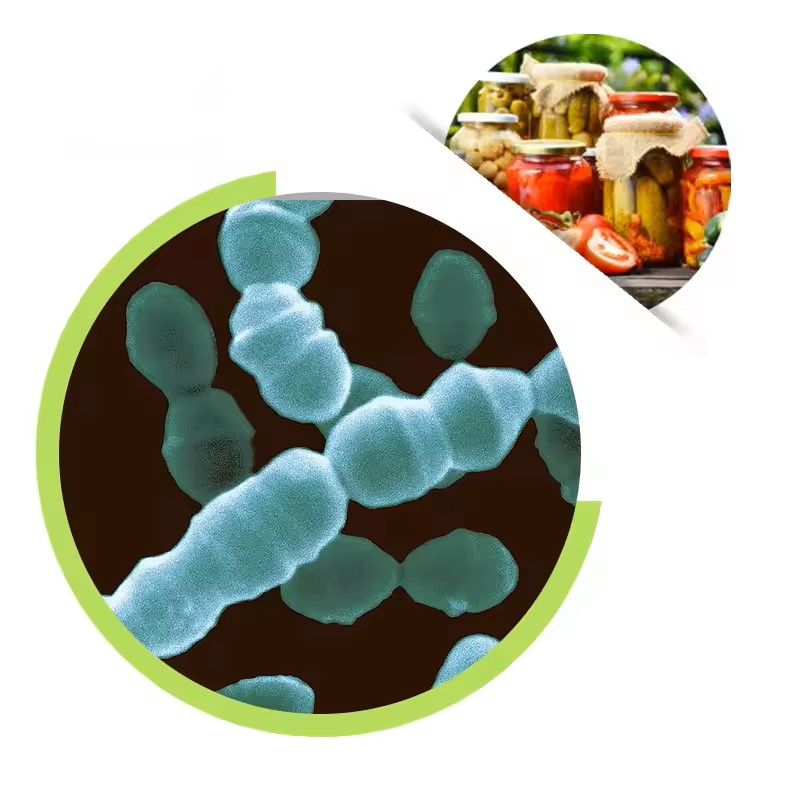
- Gut health
As a probiotic, L. mesenteroides can help with intestinal health and defense against viruses. It can also help improve the microbial diversity of your gut.
- Reduced risk of respiratory infection
L. mesenteroides can produce antiviral and anti-inflammatory compounds that may reduce the risk of respiratory infection.
- Metabolic benefits
The prebiotics associated with exopolysaccharides (EPS) produced by L. mesenteroides may have substantial host metabolic benefits. For example, LmEPS may improve glucose homeostasis by suppressing the increase in blood glucose level after glucose administration.
- Industrial applications
L. mesenteroides and its enzymes can be used to produce carbohydrates and derivatives, such as dextran, fructose, mannitol, and leucrose.
- Food fermentation
L. mesenteroides can be used in rationally controlled food fermentation. For example, adding L. mesenteroides to cabbage fermentations can help retain texture and flavor quality while reducing salt concentration by 50%.
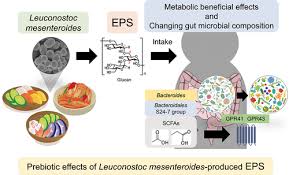
Dosing
Using a dose less than 25 Billion per day will have limited health benefits -- you will need a higher potency to get desirable results. Many people have used other probiotic brands with minimal results because of their low potency.
It depends on the person and the issue that is being addressed. You’ll start to see results at a minimum of 25 Billion CFUs per day. The average daily dose by our customers is between 200-400 Billion CFUs per day. Some people see significant results with dosages as high as 800 Billion CFUs per day.
Statement on Allergens
Dairy Free
Sugar Free

Gluten Free
Preservative Free
Soy Free
GMO Free
Yeast Free
Casein Free
Free of Artificial Colors or Flavors
Prebiotic Free
Infants can take up to 50 Billion CFU per day.
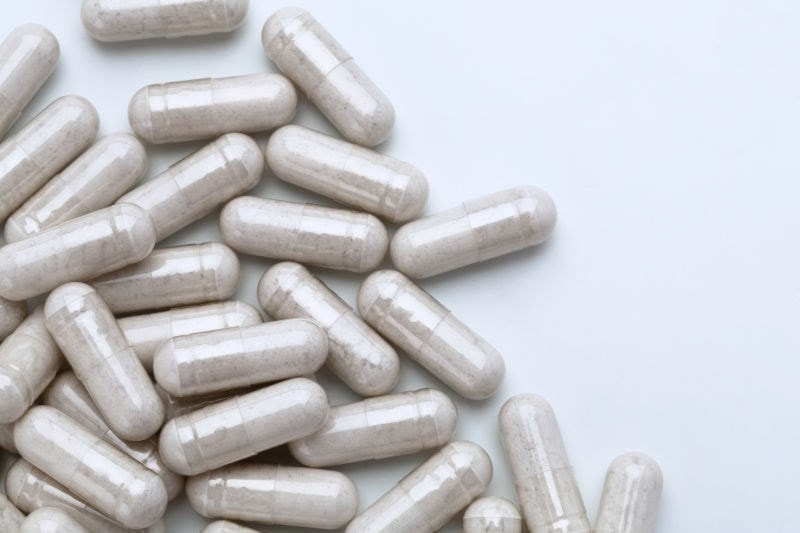
Dosage
To preserve capsule freshness after opening, use resealable or other protective closures such as zip-ties, and ensure cartons remain tightly sealed when not in use. This simple step helps maintain moisture control, especially in fluctuating environments.
Careful storage is crucial to prevent capsules from becoming brittle, sticky, or otherwise compromised in shape and functionality. Biodep’s packaging serves as a primary safeguard, but environmental conditions must also be closely controlled.
- Always store capsules on raised pallets to prevent moisture absorption from the floor.
- Keep capsules away from direct heat sources (like radiators or high-power lights) and avoid direct sunlight, as these factors can affect capsule quality.
- Ensure that storage areas are well-ventilated and avoid placing capsules on high shelves, where heat tends to accumulate.
capsules should be stored at temperatures between 15° and 30°C (59° to 86°F) with a relative humidity of 35% to 70%. These conditions allow the capsules to retain their structural integrity without becoming brittle, providing an ideal solution for climates with moderate humidity.
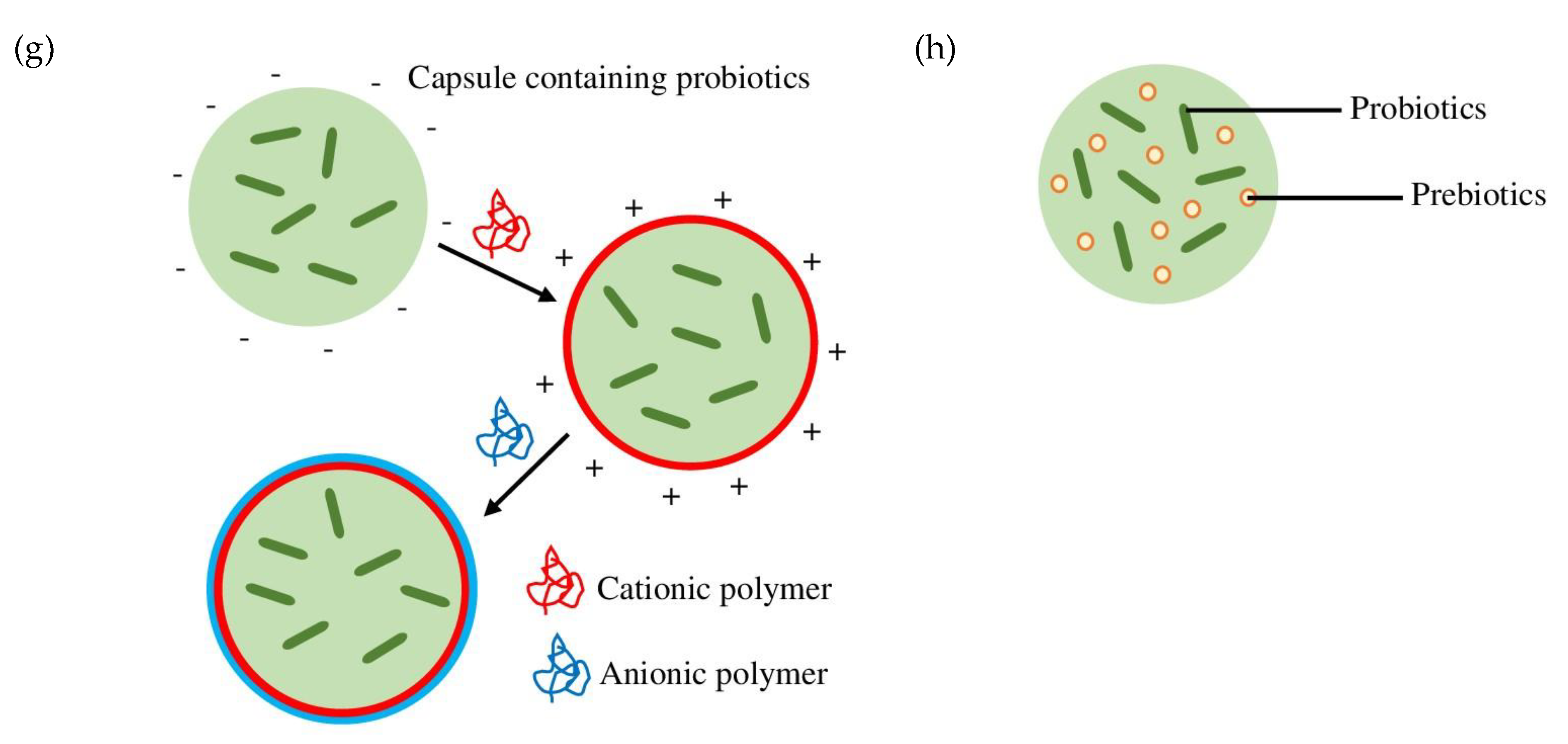
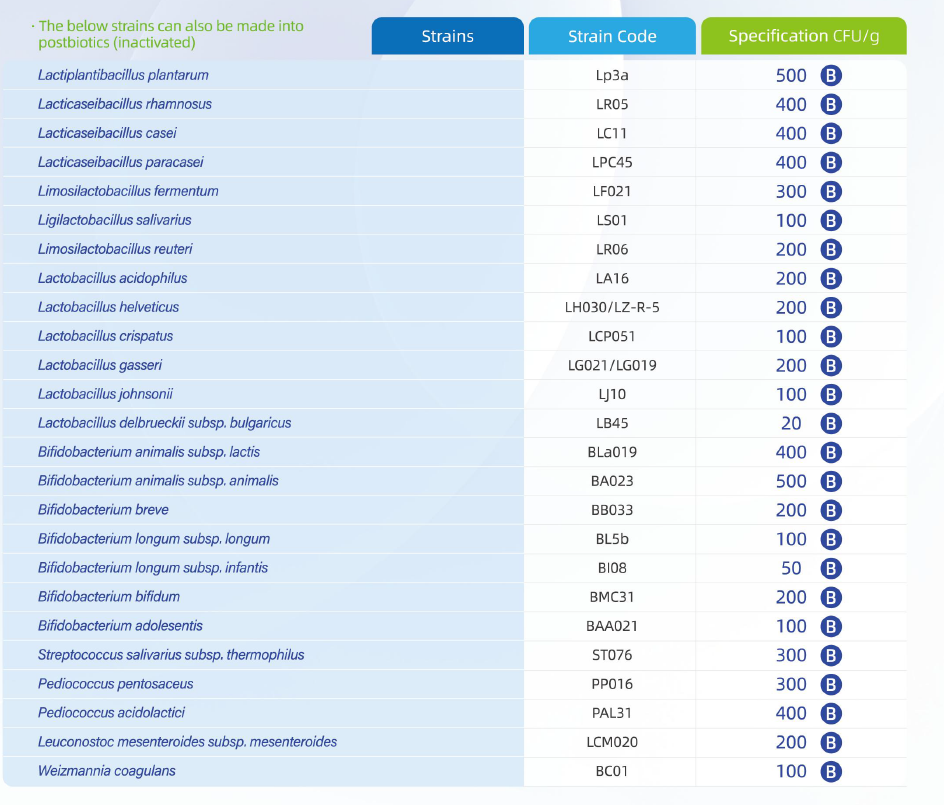

Similar Video Recommendation
You May Also Like
If you are interested in the product, contact Bossgoovideo.com for more information
- *To:
- Biodep Biotechnology Co. ,Ltd.
- *Message:
-
Submit
Main Product:
Lactobacillus fermentun,
Bifidobacterium Breve,
Bifidobacterium Bifidum,
Lactobacillus acidophilus,
Bifidobacterium Lactis ,
Lactobacillus Rhamnosus



















